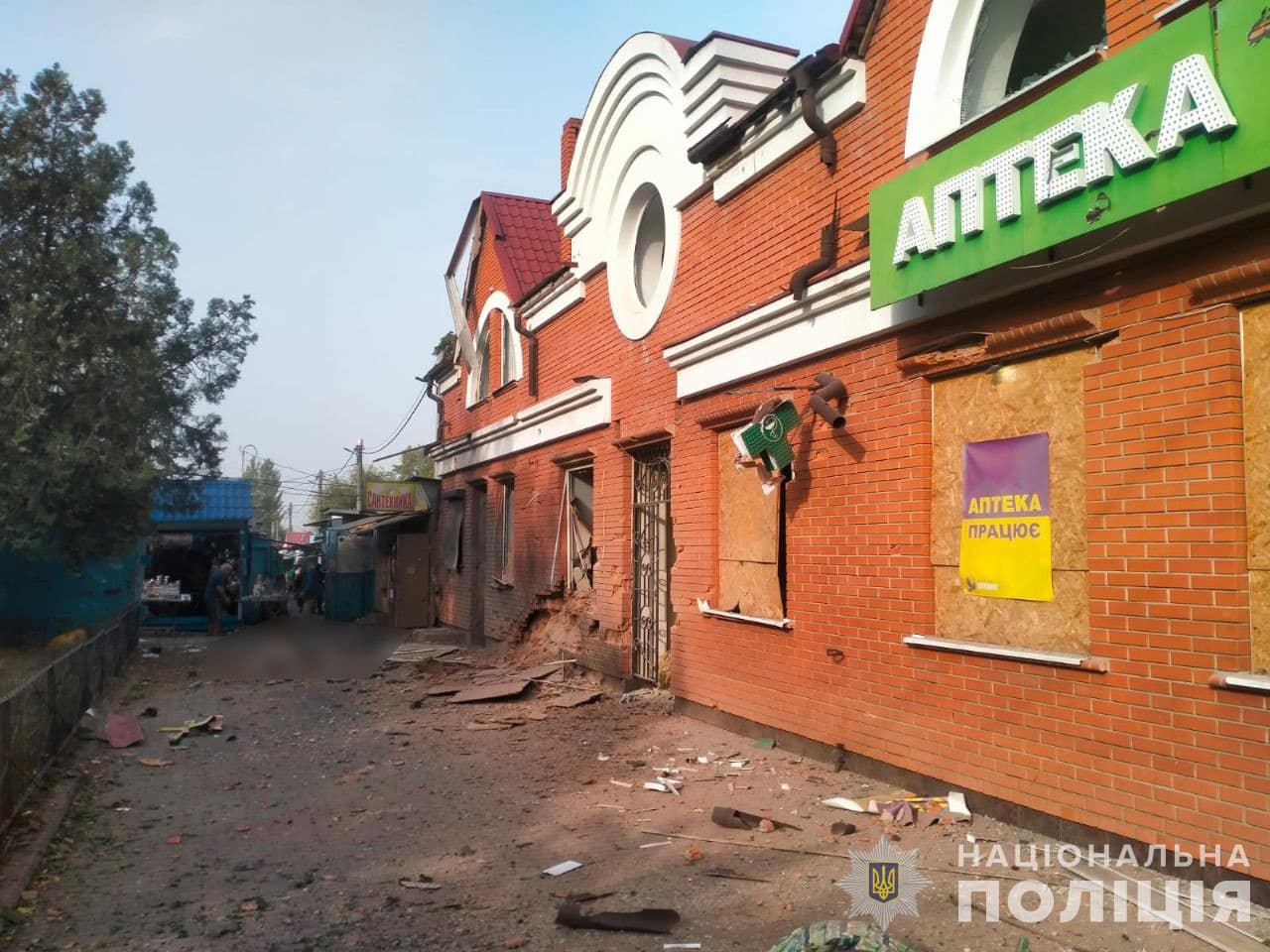Oleksandr Prokudin, head of the Kherson Regional Military Administration, told Ukrinform in an interview that the Russians are incapable of maintaining critical infrastructure in the occupied territory of Kherson Oblast, even in communities far from the front lines.
As of January 2025, the human rights situation in Russian-occupied territories of Ukraine remains dire, characterized by widespread abuses and systemic violations.
“The situation in temporarily occupied Kherson Oblast is critical. Many people live for weeks or even months without electricity, water, gas, or mobile communication. This is the reality even in communities far from the front lines due to the occupiers’ inability to maintain critical infrastructure,” Prokudin explained.
He said that firefighters do not respond to calls, leaving residents to extinguish fires on their own. Similarly, ambulances are either unavailable or arrive hours later.
The healthcare system in occupied territories is in complete collapse, with no medications and a shortage of qualified specialists. Russian occupation officials do not attempt to resolve these issues but create the illusion of effort by bringing in medical students from remote Russian regions. These students primarily assist Russian personnel and show hostility toward local Ukrainians.
Prokudin also highlighted intensified efforts by the occupation authorities to force residents to accept Russian documentation. Starting on 5 February, a so-called “register of controlled persons” will be introduced, listing locals without Russian passports.
Those without Russian documentation will be forced to either leave their homeland or obtain legal grounds for residency. Residents without Russian passports will be prohibited from using banks, registering property, driving, or getting married. Additionally, individuals suffering from conditions such as HIV, diabetes, asthma, or cancer will lose their benefits if they lack Russian documents.
Locals report that Russian soldiers at checkpoints threaten to confiscate vehicles for military use if they are not registered under Russian laws.
Prokudin also noted that residents cannot recharge their mobile phone accounts without a Russian passport, as the occupiers aim to track the real owners of phone numbers through this system.
Related:
- Ukraine needs combat-ready peacekeepers to counter Russian advances, says former ambassador
- Trump’s “60 million Russian deaths”: the dangerous myth behind his Ukraine peace plan
- US diplomats seek Ukraine exemption from Rubio’s aid freeze
- USAID Ukraine office ordered to suspend all project funding, Suspilne says
- The Independent: Trump plans to end war in Ukraine by spring, sources say
- ISW: Putin tells Russians to expect long war



